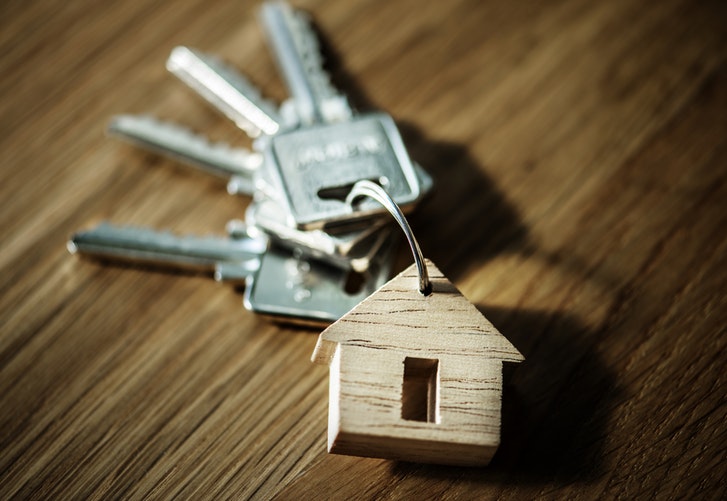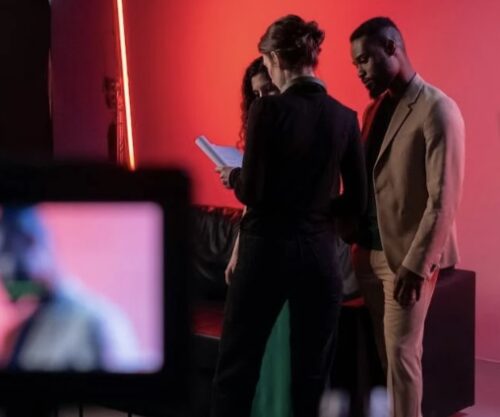
Samke Mhlongo weighs in on the renting, rent-to-own or renting-to-buy debate. How do they work, and which one is best for you to own your dream home.
One of the goals that I am yet to achieve is that of buying property. Sure, I’ve had property before, but that was jointly with my ex-husband. I am now in year five of rebuilding my finances. I feel more comfortable to commit to a bond and have a steady home for my children. Emotionally and mentally, I am ready to buy a house. But, am I ready financially? Although I am a finance professional, I do know that an independent opinion is always best. Join me as I weigh up my options in the quest to acquire my own property.
Renting vs buying
Most people start their home ownership journey by renting; this is when you pay a monthly amount to a landlord for the use of his/her house. This is a good way to learn how to budget for a big monthly amount coming off your salary before being bound to a long-term commitment as it is easier to cancel a lease agreement than sell a house. Property specialist Dineo Molomo of Dineo Properties is a big supporter of renting before buying as this gives “practice” in managing your finances. “When renting, you are liable for only the rental amount, water bill and electricity. It is an affordable way to practise how to be a homeowner. When you buy, you then have additional costs such as rates, taxes, levies, homeowner’s insurance and are also liable for the structural maintenance of the property,” she says. Renting is more affordable, but it is not a good option in the long-term as you will never own property. This is the reason the next logical step is to buy a home. However, many people cannot afford to buy due to the high cost of living. For many South Africans, saving for a deposit and/or transfer duties is simply not possible when you are struggling just to make it to the end of the month. This is where the rent-to-buy option comes in.
Rent vs rent-to-buy
Dan Dlamini, principal estate agent at Birchmore Properties, explains that the rent-to-buy financing method was introduced to help those who were struggling to get to the financial position that allows them to qualify for a home loan. Instead of trying to meet your monthly obligations, keep a good credit record and save towards a deposit; this method helps you save while you rent. “You identify a property you like. You then pay rent on it until you are in a position, over time, to afford or qualify for sufficient finance to purchase it,” he says. If like me, you thought the amount you paid over the rental term went towards reducing the purchase price of the home, you would sadly be wrong. Dineo explains that the rental only serves to prove to the financiers that you can handle a monthly repayment of that size. And, if after 12 months you qualify for a bond, the sale would then be executed at the full value of the house.
3 ways to getting a good interest rate on your home
Can you change your mind?
The rent-to-buy concept is fantastic, assuming that you are granted a home loan at the end of the period and still want to buy the property. But, what happens if you change your mind and prefer a different house? Even worse, what if someone else offers to buy the house before you qualify for the financing? Hlombe Magwaca, CEO at Mandlonike Property Group, emphasises the importance of ensuring that the terms and conditions outlined in the agreement cater for such circumstances as you could be liable for penalties if not honoured. “The rent-to-buy contract constitutes a sale agreement and should outline the actions that should be taken should circumstances change. For example, if another buyer enters the fray, the current tenant (buyer) can let the new buyer purchase the property. But, it should be stipulated that they be allowed to continue renting as per the agreement or until the new owner takes transfer of the property,” he explains.
6 ways to manage your budget in these tough economic times
Last word
What is clear to me is that putting yourself in the best financial position is more important than following your emotions when it comes to buying property. Yes, renting is uncomfortable and poses the risk of moving at the end of the lease period. But, it is better to remain flexible than be stuck with a house that may end up being repossessed if you haven’t adequately budgeted for it. So, calculate the total cost of owning a home as opposed to just the bond instalment. Add water, electricity, rates, taxes, levies, homeowner’s insurance as well as any extra costs that may come with your new home such as garden and pool services. Additionally, ask your bank for the affordability template where you fill in your income and expenses. Be honest with yourself or risk running into trouble later on. Many people ask if bond originators are a good or bad idea. The simple answer is: it depends. Some are helpful and honest, but you also find consultants that are chasing their commission and willing to make your affordability look good simply for the sale. The best place to start is to conduct your own assessment, then find a bond originator to assist you within your budget. It is good practice to rent at an amount close to the total property ownership cost you would be liable for every month instead of renting as low as possible, only to get shocked when you realise how much owning a house actually costs. What matters is that you make the financial decision that is best for you!
Tip: Ask an estate agent for a schedule of the average fees that are charged in the area in which you are looking to buy.




